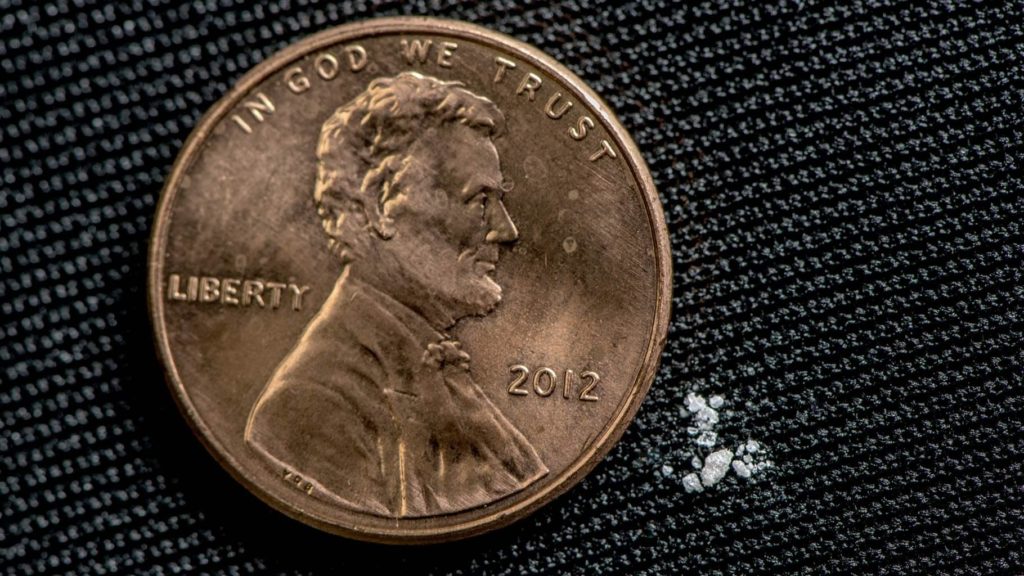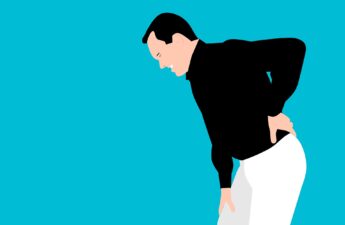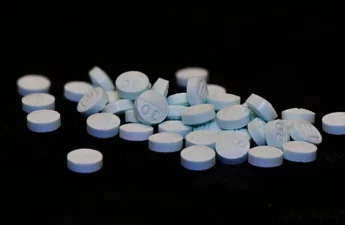
Public Health warning those who use illicit drugs to take extra care after reported uptick in overdoses
Public Health – Seattle & King County is warning people who use illicit drugs to take extra care and not to use drugs alone. The warning comes after seven overdoses were reported in the north area of Seattle today, January 17th. According to first responders on scene, some victims reported injecting heroin and others snorting a crushed pill that may have been fentanyl. There were no immediate fatalities. Six of the seven individuals were transported to area hospitals for care.
Public Health – Seattle & King County is closely monitoring the situation and will continue to track reported overdoses. At this point, we do not have confirmed information about the type of drugs consumed.
“Tragically, drug overdoses are not uncommon in our community. Yet, seven overdoses in a limited time period could indicate a particularly strong and lethal batch of drugs that the users were not suspecting”, said Dr. Jeff Duchin, Health Officer for King County. “It’s important to have naloxone on hand if you are using drugs.”
Public Health – Seattle & King County is advising people who use drugs to follow these steps to reduce the likelihood of overdose.
- Have naloxone ready. You can get naloxone at needle exchanges and other community sites. Visit http://stopoverdose.org/section/find-naloxone-near-you/.
- Do not use alone
- Start low and go slow: Powders, pills and heroin may be contaminated with fentanyl that can kill rapidly. Start with a small amount and watch and wait before the next person uses.
- If you suspect an overdose, call 911 right away. The Good Samaritan Law protects you and the person overdosing from drug possession charges. More information on the Good Samaritan Law is available at http://stopoverdose.org/section/good-samaritan-law/
- Seek treatment for drug use disorder to help stop using drugs – call the Washington Recovery Hotline for treatment resources. 1-866-789-1511 (www.warecoveryhelpline.org).
If you suspect an overdose
- Call 911 immediately and administer naloxone. Naloxone is a fast-acting drug that temporarily reverses the effects of an opioid overdose. When in doubt – administer naloxone. Naloxone is not harmful if given to someone who is not experiencing an overdose. Naloxone is a short acting drug and a person can go back into overdose so be sure to monitor the person for several hours after naloxone has been administered.
- When you call 911, be sure to explain what is happening exactly. Dispatch will send resources based on the anticipated need. Stay on the line.
- While waiting for medical help to arrive, if the victim is not breathing, someone needs to breathe for the victim. A majority of overdose deaths are due to respiratory failure, so rescue breathing is critical and rescue breaths will help the person survive. Give mouth-to-mouth breathing to the victim every five seconds until emergency services arrive. CPR may be necessary if no pulse is detected.
- Driving someone to the ER is not recommended. In cases of respiratory failure, someone can die in the time it takes to get to an ER.
- If someone dies as the result of a suspected drug overdose please call 911 to report the death.
Originally published January 17, 2019


